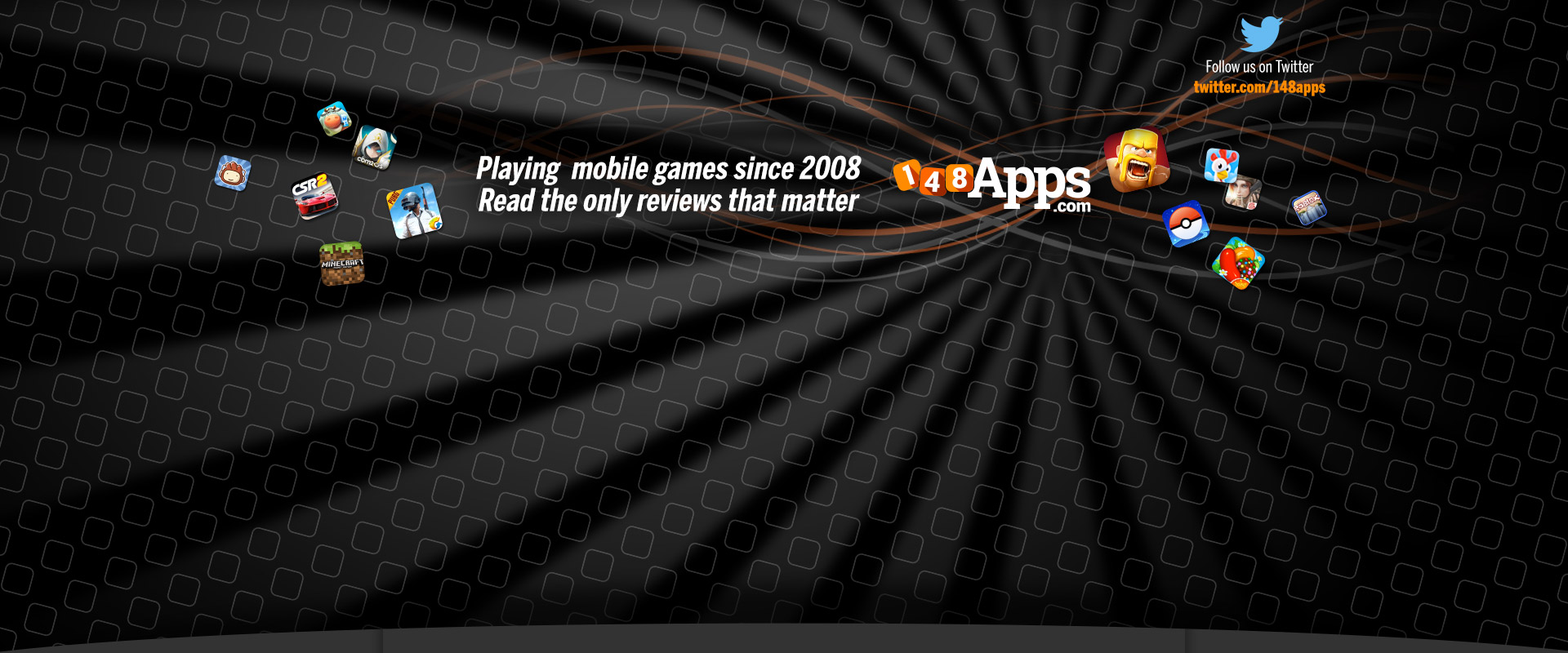I can't believe Sky came out after Journey
I play games almost exclusively on mobile, and I’ve been doing so since around the time I started writing for 148Apps. This is why I’m late to the party on Journey. It wasn’t until last week that the game was playable on mobile, and it wasn’t until last night that I played through Journey for the first time now, and I found it just as captivating and impactful as folks did almost a decade ago.
While playing the game though, I couldn’t help but notice how similar Journey was to another game I played recently. Earlier this summer, Thatgamecompany put out a mobile exclusive title, Sky: Children of Light, and it’s almost eerie how similar the games are to each other.

You play as a mysterious wanderer in both. You complete simple puzzle platforming challenges in both. Random strangers can come into your game in both. Both are visually stunning. And both have a sort of stamina mechanic for jumping that is governed by a piece of clothing. Even small details are replicated almost exactly between both games.
The butterflies in Sky are functionally the same thing as the ribbon pieces on Journey. The same is true for the flying creatures in both games. In Sky, they are more organic-looking beings, but they are basically the same as the ones made of ribbons in Journey.

As similar as these two games are though, Sky is nowhere near as captivating as Journey is. Although it’s a technical marvel, Sky’s controls leave a lot to be desired, and the whole game isn’t nearly as focused as Journey. Journey’s greatest strength is how it was able to convey feelings and create a dense, specific atmosphere in each of its environments. Sky doesn’t really go for this, and instead builds its hooks around multiplayer and puzzles.
Both puzzles and multiplayer were also part of Journey, to be fair, but they aren’t the things that make it special. The idea of latching onto those aspects of Journey in making a follow-up is baffling, and it makes me feel like Thatgamecompany doesn’t understand the ingredients that came together to make their 2012 hit so successful. I know this is almost certainly not true, but the sentiment remains.

I’m sure that Thatgamecompany thought they were bringing the same focus and attention-to-detail to Sky as they did to Journey. But—as someone who played Journey for the first time yesterday—it’s hard to argue that they actually did. In fact, there’s such a disparity between the quality of both of these games that it almost feels more appropriate that I played both of these games in reverse order.
Experiencing them like this, Journey feels like a refinement of Sky in almost every way. It trims the social hooks and repetition, and reduces movement down to something that is much more manageable. In exchange for those things, Journey places more emphasis on narrative, tone, and visual storytelling, and the results are amazing.
Had I played Journey prior to Sky, I think I’d be even more disappointed by the game. Not only does it have control issues, but it also replicates many of the same things that Journey does, though without the same emotional weight or even novelty of a game that came out years before it. Sure, it may other, newer stuff in it too, but this just goes to show that "more" doesn't always mean "better."
Thatgamecompany is an important and special developer in the games industry. Ever since they put out Flow in 2006, they’ve shown they have an exceptional talent for embedding an emotional core in their games that extends beyond the typical melodramatics and film-cribbing that other developers typically employ to illicit reactions in players. That said, it’s hard to see Sky as anything other than a step backward for the company, especially since it goes toe-to-toe with their magnum opus and falls short of the mark.



